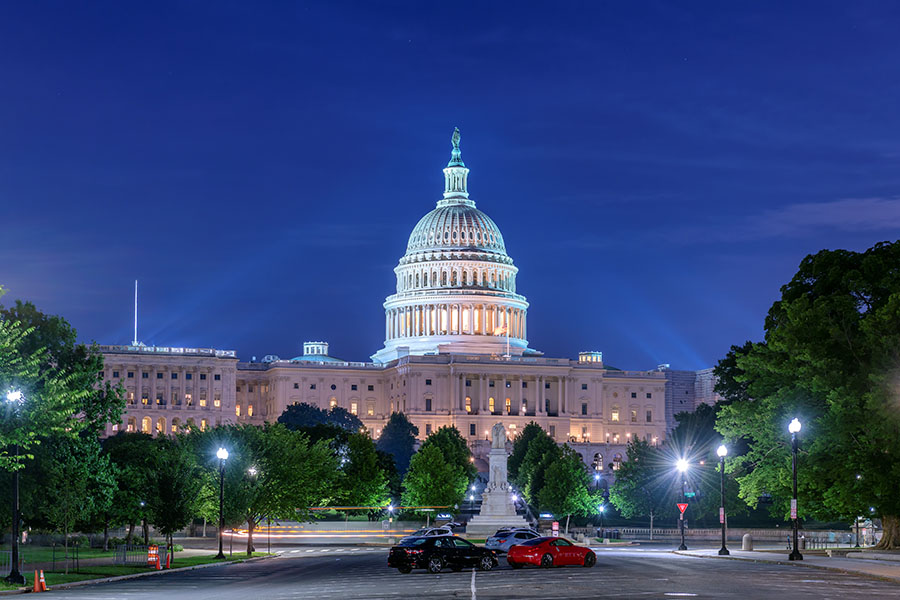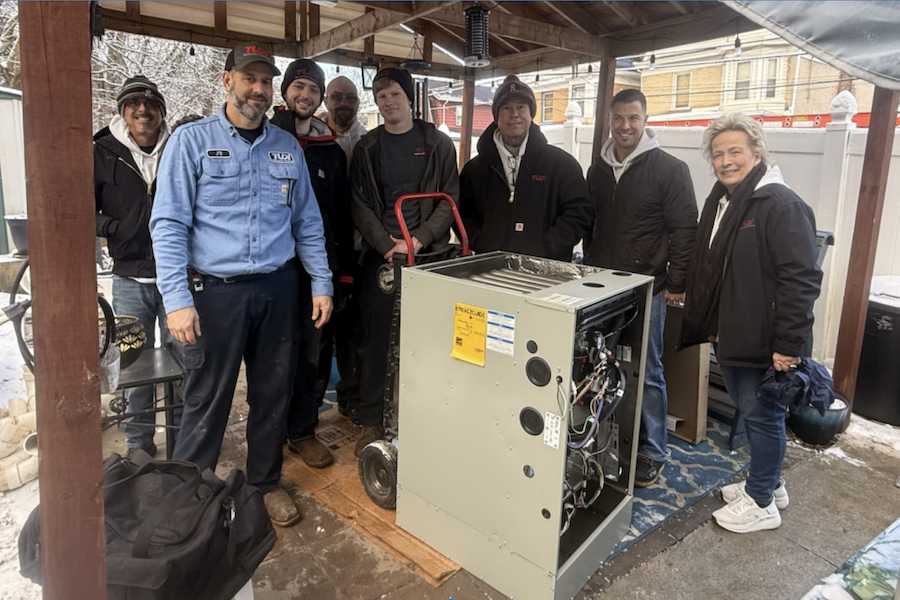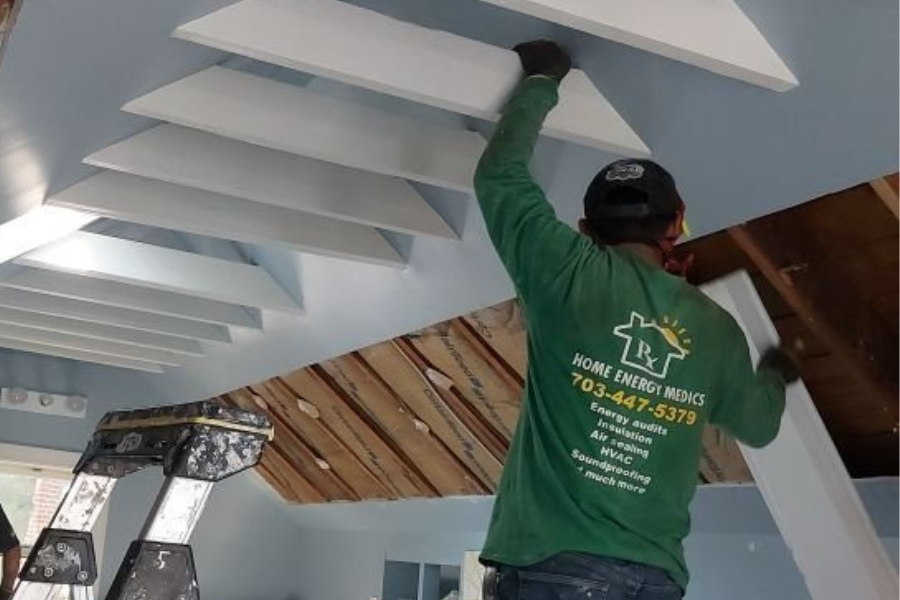Mar 11, 2021
American Rescue Plan Act of 2021
Congress passed a large COVID relief and response package titled The American Rescue Plan Act.
By: Michaela Manfull

Yesterday Congress passed a large COVID relief and response package, H.R. 1319 The American Rescue Plan Act. The legislation focuses on economic relief measures, including $1,400 stimulus checks to Americans making less than $75,000 a year, $350 billion in state and local government aid, monies for COVID testing and vaccination, and funding to help reopen schools. The bill provides $300 a week in unemployment payments through September 6 and makes those benefits non-taxable.
The legislation includes a few provisions related to utilities and energy:
- LIHEAP: the bill provides $4.5 billion in additional funding for the Low-Income Home Energy Assistance Program (LIHEAP) administered by HHS.
- Homeowner Assistance Fund: the bill creates a new Homeowner Assistance Fund within the Treasury Department that would mitigate financial distress associated with COVID-19 by distributing $9.9 billion in state grants to prevent homeowners from mortgage delinquency and losing home energy services—and includes payments for electric, gas, and water as qualified Money from the fund would flow from the Treasury Department to states, with at least 60 percent of all funds targeted at households earning less than the average median income. According to the bill, remaining funds must prioritize socially disadvantaged individuals. Funds are distributed to states based on homeowner need, but the bill also includes minimum funding requirements for small states and set-asides for territories and tribes.
- Emergency Rental Assistance: the bill provides $21.5 billion in Emergency Rental Assistance to provide financial assistance to low-income tenants affected by the pandemic. In addition to using the assistance for rent, households can spend the funds on utility and home energy costs and arrears. Funding for the program flows through the Treasury Department to states and territories via formula, and grants are then distributed from the states to low-income renting households eligible for funds are exclusively low-income households that have lost income or qualified for unemployment benefits due to COVID-19 and can demonstrate a risk of housing instability or homelessness. At least $2.5 billion must go to very low-income households paying more than 50 percent of income on rent.
President Joe Biden signed the bill on Thursday, March 11. This meets the key deadline to pass a new relief package before federal unemployment benefits expire March 14.





